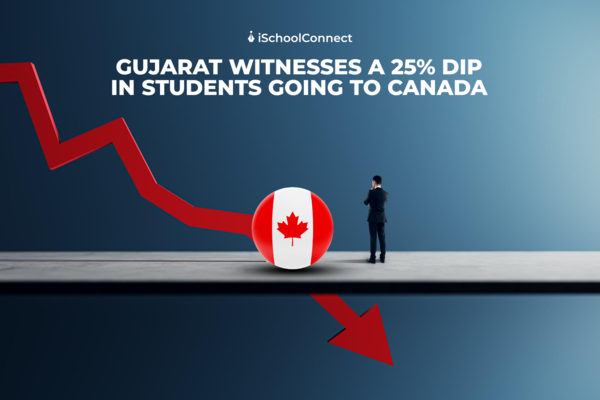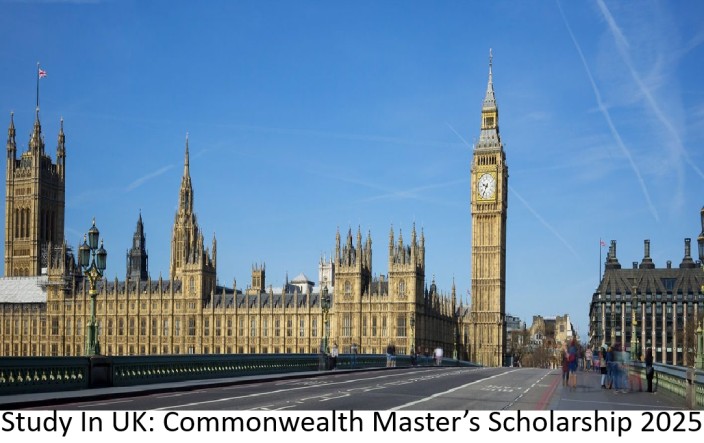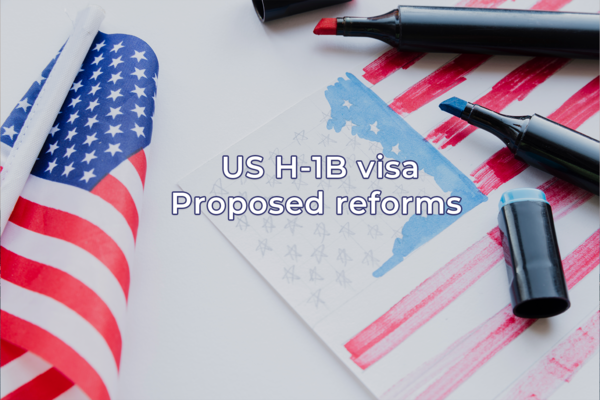Table of Contents
Understanding the change| Canada’s study permit cap
The recent imposition of a cap on study permit Canada for international students by the Canadian government is expected to have far-reaching consequences, particularly for students from Gujarat, India. This move has triggered concerns among foreign education consultants in Ahmedabad, who estimate a significant 25% drop in the number of students willing to pursue higher education in Canada during the fall intake in September.
Shifts in student preferences and enrollment dynamics
Traditionally, students from Gujarat have favored the fall intake (September) due to the wide array of courses available. However, the recent rule changes are likely to induce a psychological impact, prompting a considerable number of students to reconsider their plans. Foreign education consultant Hemant Aggarwal points out that the alterations in regulations will particularly affect those who chose private colleges with flexible schedules, leading to a potential decline in the overall number of students.

Work permits and financial considerations
One significant change is the impact on work permits for graduates from private colleges operating on the public-private partnership model. Previously, students could secure work permits after graduation, facilitating settlement in Canada. The new regulations disrupt this avenue, influencing the decisions of many potential students. Additionally, the increase in the guaranteed investment certificate (GIC) limit from 10,000 to 20,635 Canadian dollars adds a financial burden. This necessitates thorough research before selecting Canadian universities.
Opportunities and challenges in the US
As students reevaluate their options, foreign education consultants anticipate a surge in the number of students opting for universities in the United States. Currently, 40% of students from Gujarat choose Canada and 35% opt for the US. Whereas the rest explore opportunities in Australia, the UK, and New Zealand. The US, with its perceived ease of permanent residence (PR) policies, is poised to become a more attractive destination. This will potentially offset the declining appeal of Canadian universities.
Navigating the changing landscape
In the wake of Canada’s study permit cap, students are confronted with evolving dynamics and challenges. As they adapt to the new reality, careful consideration of universities, immigration policies, and financial implications will be essential for a successful and fulfilling international education journey.
Read more: How is Enrollment Management Changing?






